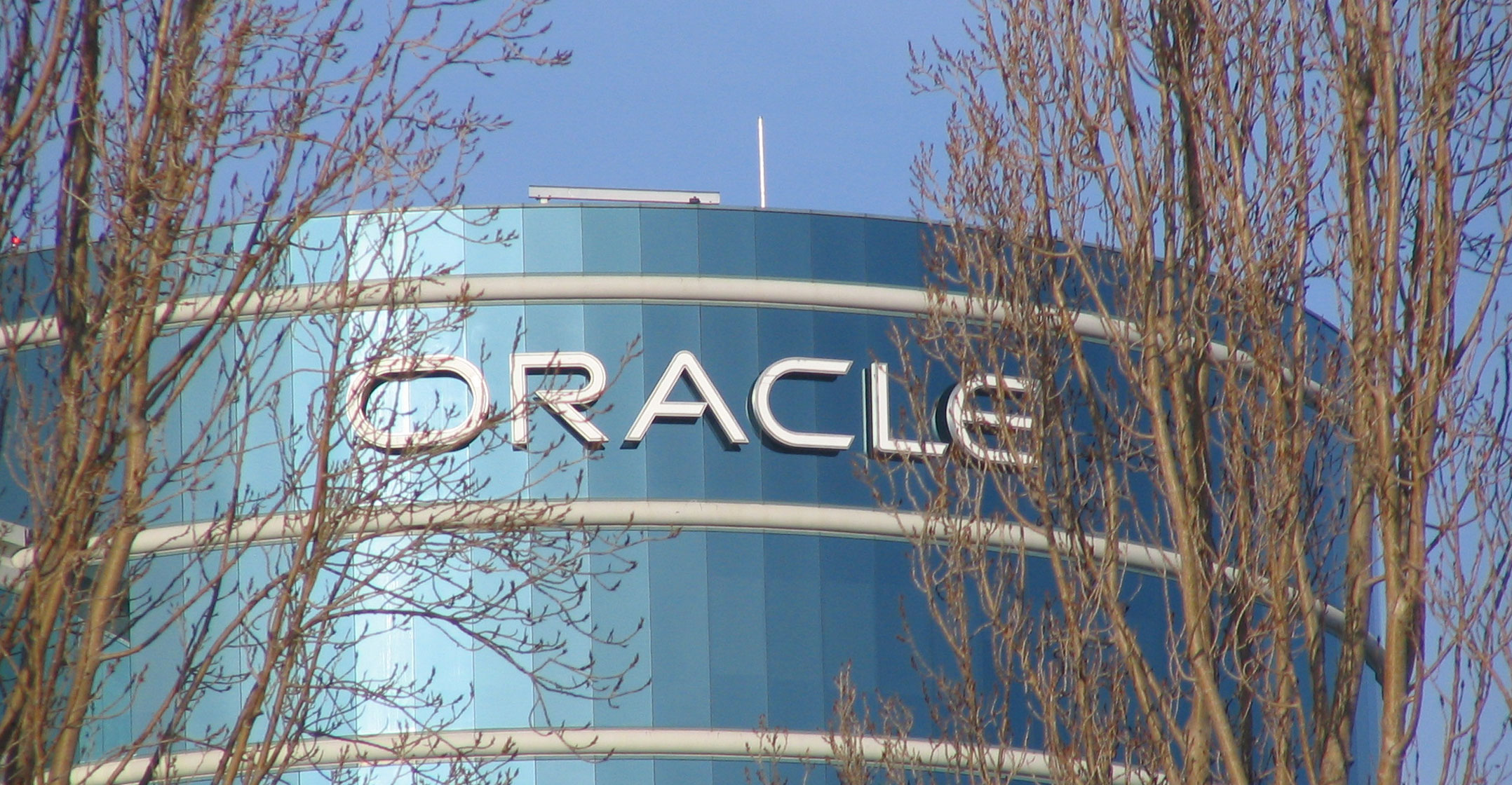 Oracle has reported sluggish quarterly sales and projected anaemic growth in the current period, signalling that the world’s second largest software maker continues to stumble in its transition to cloud computing.
Oracle has reported sluggish quarterly sales and projected anaemic growth in the current period, signalling that the world’s second largest software maker continues to stumble in its transition to cloud computing.
Fiscal first quarter revenue was little changed at US$9.2-billion, missing analysts’ estimates. Growth this quarter may also stall, with CEO Safra Catz saying Monday that sales are forecast to be flat to 2% higher.
Under Catz and co-CEO Mark Hurd, Oracle is trying to become a powerhouse in Web-based cloud computing. The company, known for its database software, has prioritised converting existing clients to the cloud rather than finding new customers.
As part of the effort, Oracle launched the “Bring Your Own Licence” programme, which lets customers move their data to Oracle’s cloud while staying on their current contract, without shifting to a new subscription payment plan. Still, the company lags behind rivals such as Amazon.com, Microsoft and Salesforce.com.
“Oracle is having some real challenges with its renewal rates on its cloud product,” Pat Walravens, an analyst at JMP Securities, wrote in an e-mail.
Oracle’s shares fell more than 4% in extended trading after closing at $49.18 in New York. The stock gained 4.2% this year through to Friday.
Catz said revenue growth will pick up in the second half. “Also, we remain committed to delivering a higher revenue growth rate for all of fiscal year 2019 when compared to that of last fiscal year,” she said on a conference call.
The company forecast profit, excluding some items, of $0.77 to $0.79/share in the fiscal second quarter, which ends in November — in line with analysts’ average estimate of $0.79, according to data compiled by Bloomberg.
Confidence tested
“Confidence on our side is really high,” Hurd said on the call. “Our team at Oracle believes their destiny is to win every deal.”
Still, that confidence has been tested. Oracle’s shift to the cloud has been at the centre of a dispute between product development president Thomas Kurian and executive chairman Larry Ellison, people familiar with the company said last week. Kurian is said to have taken a leave of absence because he thought Oracle should make more of its software available on the cloud platforms of Amazon and Microsoft while Ellison disagreed, people familiar with the matter told Bloomberg last week.
“Thomas is a good guy,” Hurd said. “Works awful hard. He’s taken a break and we expect him back.”
Oracle also announced a $12-billion increase in the company’s share buyback programme, giving some of its repatriated cash to investors.

Oracle’s cloud services and licence support revenue gained 3.2% to $6.6-billion in the period ended 31 August, the Redwood City, California-based company said in a statement. While the metric includes revenue from hosting a customer’s data on the cloud, a large portion of the total is likely from maintenance fees for traditional software housed on clients’ servers. The unit accounted for more than 70% of total revenue.
Cloud licence and on-premise licence sales declined 3% to $867-million, a sign the company is having a tough time persuading businesses to enter new contracts.
Profit, excluding some items, was $0.71/share, compared to the average estimate of $0.68.
Oracle has made it harder to discern progress in its transition. When the company reported fiscal 2018 fourth quarter earnings in June, it stopped breaking out sales for new software licences and the performance of various cloud products, spurring investor angst, and sending the stock tumbling more than 7% the next day.
The company is also facing a shareholder lawsuit filed last month, alleging that Oracle used strong-arm tactics to coerce customers into adopting its cloud products. The suit, seeking class-action status, also alleged the software maker deceived investors about how it had increased cloud sales. — Reported by Nico Grant, (c) 2018 Bloomberg LP




